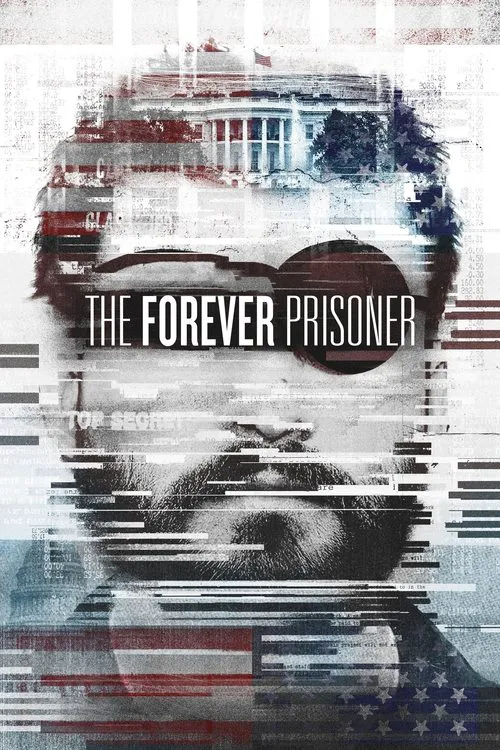The Forever Prisoner

Plot
The Forever Prisoner plunges viewers into the enigmatic and troubled world of Abu Zubaydah, a man shrouded in mystery and subjected to the most extreme forms of interrogation techniques by the CIA. The film serves as a haunting indictment of the United States' Enhanced Interrogation Techniques, widely regarded as a euphemism for torture, and the devastating consequences it has on a human being's psyche. Abu Zubaydah, a Libyan national, was one of the first high-priority detainees seized by the CIA in the aftermath of the September 11 attacks. At the time, he was believed to be a senior member of al-Qaeda, a militant Islamist group responsible for carrying out the atrocities on American soil. Zubaydah's capture was seen as a key breakthrough in the War on Terror, but in the years that followed, his treatment by the CIA would unravel the very fabric of human rights and set a chilling precedent for the treatment of detainees in the War on Terror. As the film unfolds, we see Zubaydah's reality slowly shattering around him. Initially, he is taken to a black site, a secret detention facility, where he is subjected to the CIA's Enhanced Interrogation Techniques, including waterboarding, sleep deprivation, and psychological manipulation. These tactics, justified by the CIA as necessary measures to extract vital information from high-value detainees, are revealed to be a thinly veiled disguise for physical and psychological torture. Under the guise of protecting national security, the CIA's actions are in stark contrast to America's vaunted ideals of justice, due process, and human rights. Zubaydah's imprisonment is Kafkaesque in nature – a seemingly endless, bureaucratic nightmare devoid of any semblance of justice or accountability. In his cell at Guantánamo Bay, Zubaydah is trapped in a perpetual limbo, facing an ever-looming specter of uncertainty, with no clear charges levied against him or any recourse to challenge his detention. The film's narrative is woven around a labyrinthine narrative, mirroring the complex and convoluted circumstances surrounding Zubaydah's detention. Through a series of fragmented flashbacks and present-day sequences, the filmmakers skillfully expose the inner workings of the CIA's black sites and the psychological toll they took on Zubaydah. Each scene, meticulously crafted, plunges the viewer into the dark recesses of Zubaydah's tortured mind, creating an unsettling sense of unease. One of the most powerful aspects of The Forever Prisoner is its unflinching portrayal of the human cost of America's War on Terror. Zubaydah's story serves as a poignant reminder that beneath the façade of national security, lies a complex web of moral ambiguities, where men like Zubaydah become mere pawns in a grand game of geopolitics. Their struggles, reduced to mere statistics and labels, are often disregarded by those responsible for their plight. The Forever Prisoner forces viewers to confront a disquieting truth – that the very ideals we hold dear as a society are compromised when national security trumps human rights. As Zubaydah's odyssey comes to a close, we are left with a haunting question: What lies at the heart of this endless detentiation – is it a misguided zeal for security or an utter disregard for the fundamental dignity of human life? Throughout its narrative, the film's tone never falters – it is a somber, measured exploration of one of the darkest chapters in America's recent history. With a delicate balance of emotional depth and narrative urgency, The Forever Prisoner raises critical questions about our shared values and our responsibilities as a global community. By focusing on the personal tale of Abu Zubaydah, a prisoner of the War on Terror, the filmmakers skillfully underscore the urgent need for accountability and justice, even in the most complex and morally complicated of situations.
Reviews
Recommendations



